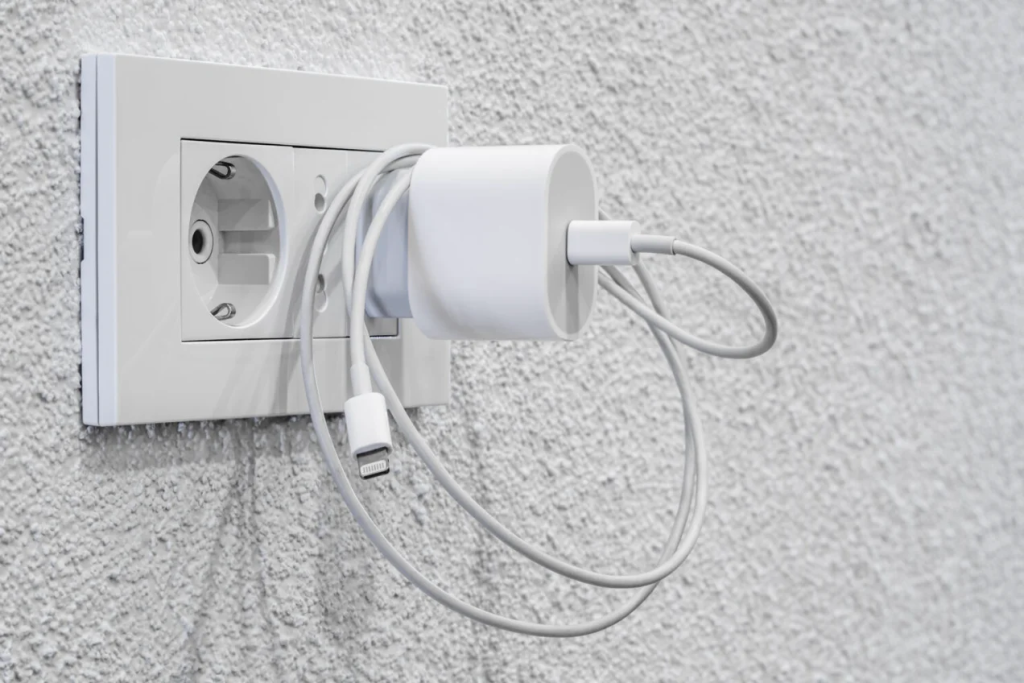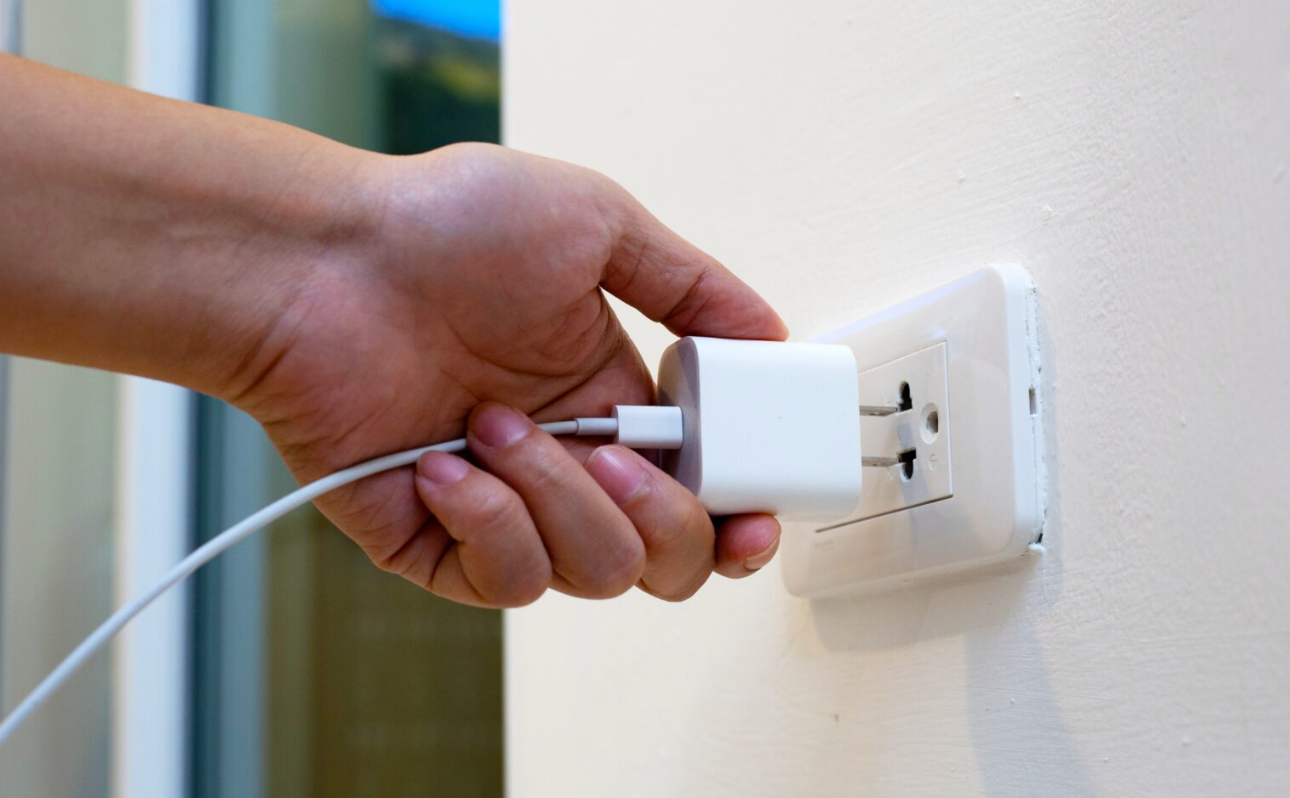Simon Cowell is known for being a tough and brutally honest judge on TV talent shows. He is a producer and the creator of popular shows like *The X Factor* and *America’s Got Talent*, and he has done very well for himself throughout his career. Despite his tough TV persona, Simon Cowell is now a caring father. He has said that none of his $600 million fortune will go to his son, Eric. Instead, he plans to donate all of it to charity.

Simon Cowell is a very successful entertainment business owner, producer, and TV personality, known for judging talent competitions in both the UK and the United States. Now, he can add another role to his list: he is a father. Cowell became a father in 2014, a moment that he says changed him as a person. However, before the birth of his son, Eric, he mentioned in an interview that none of his $600 million fortune would be passed on to his son. He believes that passing down wealth to the next generation is not the right thing to do.

“I’m going to leave my money to someone—probably a charity, like kids and dogs,” Simon Cowell said in 2013. He believes in leaving a legacy instead of just passing down money to his son. Cowell thinks that helping his son develop a successful career is more important than giving him a lot of money.
“The goal is to give people opportunities so they can succeed, and to share your knowledge with them,” he explained. Simon Cowell’s net worth is around $600 million, and he plans to donate all of it to charity. He hasn’t decided which charity yet, but he mentioned it will likely be related to children or dogs.

Simon Cowell is not the only celebrity who has said their money will go to charity instead of their children. Famous TV anchor Anderson Cooper shares similar views. He welcomed his child via surrogacy in 2020 and said, “I don’t believe in passing on huge amounts of money. I’m not that interested in money, but I don’t plan to have a pot of gold for my son. My parents taught me that college will be paid for, and then he needs to get to work.”
One of the world’s richest people, Microsoft founder Bill Gates, has also promised that his children won’t inherit his billions. Most of his wealth, along with that of his ex-wife Melinda Gates, will go to the Bill and Melinda Gates Foundation. This foundation aims to eliminate poverty, hunger, and disease worldwide. Gates explained, “It’s not a favor to kids to give them huge sums of wealth. It can distort their path.”
Other celebrities who also believe in not passing down wealth include Jackie Chan, Mark Zuckerberg, Warren Buffett, Gordon Ramsay, Ashton Kutcher, Mila Kunis, and Sir Elton John. Zuckerberg and his wife said on Facebook, “We have a moral responsibility to all children in the next generation. Our main focuses will be personalized learning, curing disease, connecting people, and building strong communities.”
Avoid Leaving Chargers Plugged In
If you’re anything like me, you probably have a collection of bad habits you aspire to change someday. They might not be particularly severe—after all, who doesn’t have something they wish they could improve about themselves?—but the fact is, these habits exist, and that’s completely normal.
For some individuals, addictions can hinder their efforts to eliminate undesirable behaviors from their lives. This could range from smoking and drinking to gambling or indulging in fast food. However, many habits stem from simple routines, meaning that there’s often nothing truly stopping you from making a change other than perhaps laziness or forgetfulness.
Take my personal experience as an example: I found it difficult to remember to unplug my phone charger from the wall when it wasn’t in use.
I can already hear you thinking: how hard can it be to unplug a charger once your phone is fully charged? The honest answer is, it’s not hard at all.
Still, I’ve lost track of how many times my partner has gently reminded me to disconnect the charger from the outlet. Until recently, I didn’t give it much thought (which, as you can guess, is part of the problem). After all, what harm is there in leaving the charger plugged in, just waiting for its next use? None, right?
As it turns out, that may not be entirely accurate. I came to realize this when I stumbled upon a social media post discussing the potential issues associated with leaving chargers plugged in when they aren’t actively charging a device.

Needless to say, I quickly changed my habits. Not only has my partner been pleased, but I also let go of my “habit” out of concern for the potential consequences of leaving it plugged in.
So, what are those potential consequences? Even when in standby mode, a charger still draws power. Sure, the energy consumption is minimal, but it still means you’re using electricity even when nothing is charging.
Additionally, leaving chargers plugged in can lead to premature wear on their internal components. Fluctuations in voltage can cause overheating, which might result in the charger smoking, and in the worst-case scenario, possibly even starting a fire.
Moreover, there’s the risk associated with the charger coming into contact with water or metal objects, which could create a full circuit.
If your household is anything like mine, you likely have children or pets wandering around. Beyond the chance of them damaging the charger by pulling it from the wall, there’s also the risk that kids might see it as a toy, increasing their curiosity about the outlet itself.

It’s important to note that most information suggests the risk of a plugged-in charger causing a house fire is extremely low, if not negligible. Modern safety standards and checks mean that leaving your charger plugged in should generally be safe, but it doesn’t account for the issues mentioned above, which you might want to keep in mind.



Leave a Reply